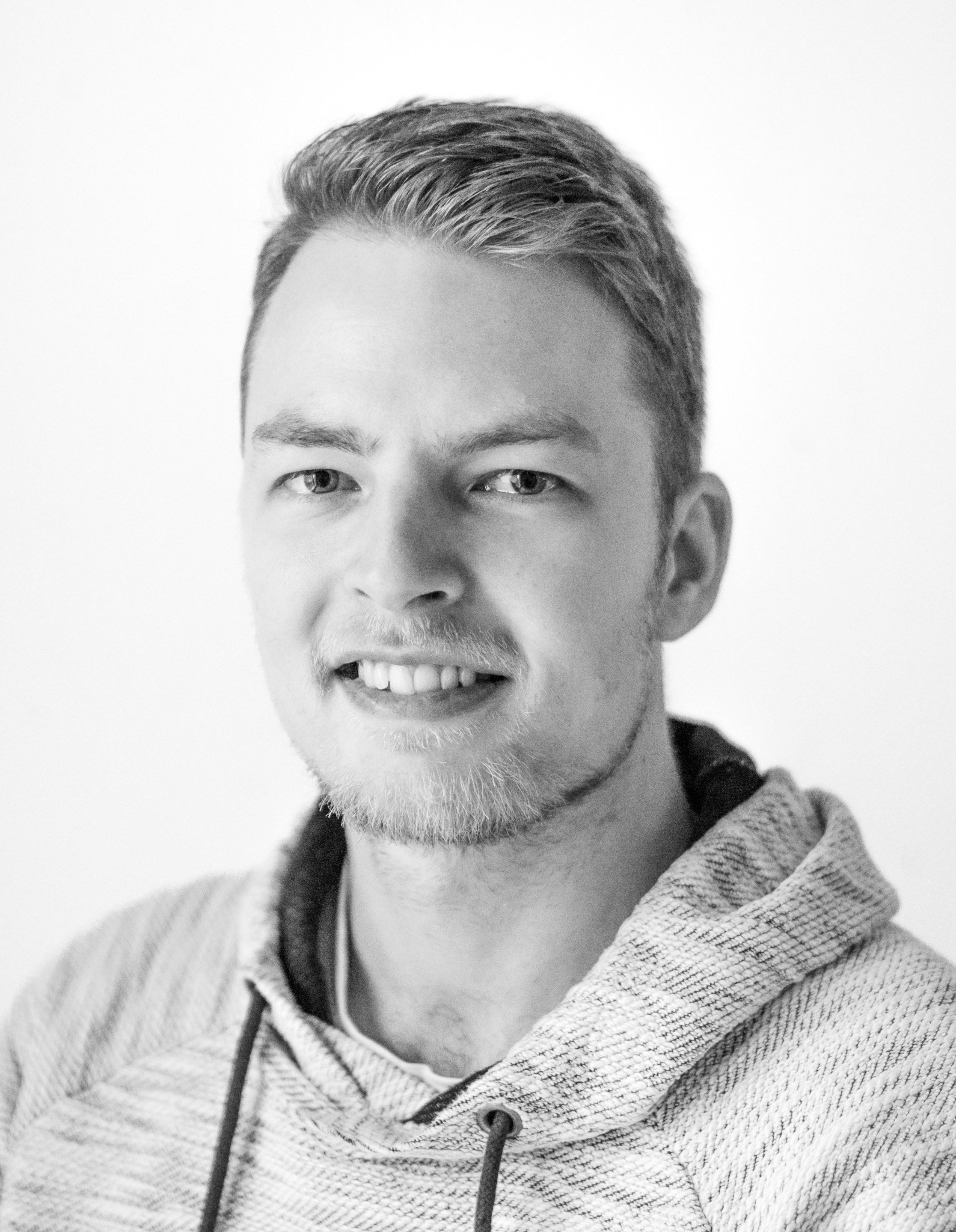The NUSOD conference connects theory and practice in optoelectronics. Papers are solicited on the modeling, simulation, and analysis of optoelectronic devices including materials, fabrication, and application. Academic researchers, device engineers, and software developers are invited to discuss the advancement and the practical use of numerical methods in photonics and electronics.
Fluxim will be presenting two talks:
Ph.D Student Vasilis Gerogakopoulos Paltidis will present:
TuB02: Electro-Thermal Drift-Diffusion Simulations for Organic Light-Emitting Diodes; V. Gerogakopoulos Paltidis , E. Stanzani, S. Jenatsch, B. Ruhstaller, and B. Blülle; Fluxim AG, Winterthur (CH)
And Ph.D student Simon Zeder will present:
MC03: Modeling the Impact of Light Scattering on Photon Recycling in Solar Cells and LEDs; S. J. Zeder (1, 4), B. Ruhstaller (2, 4), and U. Aeberhard (3, 4); (1) IMT PV-Lab, Ecole Polytechnique Federale de Lausanne, Neuchatel (CH), (2) ICP, ZHAW – Zürcher Hochschule für Angewandte Wissenschaften, Winterthur (CH), (3) IIS, Eidgenössische Technische Hochschule Zürich, Zürich (CH), (4) Fluxim AG, Winterthurc (CH)
Devices of interest
Devices of interest include (but are not limited to)
Semiconductor lasers
Light emitting diodes
Optical modulators
Optical amplifiers
Photodetectors
Solar Cells
Photonic Devices and Circuits
Optoelectronic Integrated Circuits
Topics of interest
Topics of interest include but are not limited to
Novel materials, devices, and simulation tools
Design and optimization of optoelectronic devices
Analysis of device performance and internal processes
Electron-photon interaction and plasmonics
Physics and theory of nanostructures
Polariton lasing in microcavities
Photonic crystal structures and devices
Material properties incl. metamaterials
Organic materials and devices
Fabrication process theory and simulation
Packaging and integration issues
Photonic circuits and fiber optics
Terahertz photonics
Noise modeling and simulation
Ultrafast effects and dynamical phenomena
High-speed devices and photonic links
Coupling of electronic, optical, and thermal simulations
Mathematical models and numerical methods
Calibration and validation of models and material parameters
Application of machine learning to the design and control of optoelectronic devices




